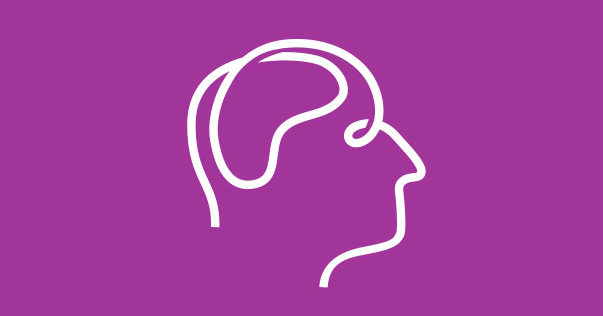
Girls who have serious or repeated infections in childhood are at higher risk for developing eating disorders in adolescence, a new study has found.
The study, in JAMA Psychiatry, tracked 525,643 girls — every girl born in Denmark from 1989 through 2006. The researchers recorded all prescriptions that were filled for antibiotics and other anti-infective medications, as well as hospitalizations for infection, through 2012. There were 4,240 diagnoses of eating disorders during that time.
Compared with girls who had never been hospitalized for infection, those who had been hospitalized were at a 22 percent increased risk for anorexia, a 35 percent increased risk for bulimia and a 39 percent increased risk for other eating disorders. Filling three or more prescriptions for anti-infective drugs was associated with similar increases in the risk, and the more infections or hospitalizations a girl had, the more likely she was to develop an eating disorder.
This is an observational study so it cannot determine cause and effect, and the authors acknowledge that other mechanisms — genetic factors, or stress and anxiety, for example — could increase the risk of both eating disorders and infection.
The lead author, Lauren Breithaupt, a research fellow at Harvard, said that the reasons for the link are unknown, but “it could be that the anti-infective agents are upsetting the microbes in the gut. Changing the microbiome could affect behaviors through the connection of the gut to the brain through the vagus nerve.”

